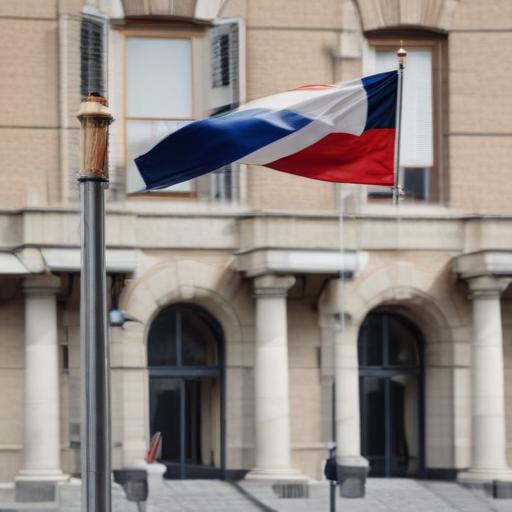Dutch Prime Minister Dick Schoof has resigned following the departure of Geert Wilders from the ruling coalition government, primarily due to disagreements over asylum and immigration policies. The coalition, which included Wilders’ anti-Islam Freedom Party (PVV), the populist Farmer-Citizens Movement (BBB), the centrist New Social Contract (NSC), and the liberal People’s Party for Freedom and Democracy (VVD), has effectively disintegrated as a result of this conflict.
Wilders announced that all his party’s ministers would resign after his radical immigration proposals were rejected by the other coalition members. These proposals included a significant crackdown on immigration, with plans to enlist the military to secure borders and return asylum seekers. Discontent with the coalition, Wilders warned last week that if his demands were not met, the PVV would withdraw from the government.
Schoof, a longtime civil servant selected to lead this right-leaning coalition, described Wilders’ decision as “irresponsible and unnecessary.” He has pledged to lead a caretaker administration until snap elections are held, although the timing of these elections remains uncertain. This situation has raised concerns, particularly as the Netherlands prepares to host a NATO summit in the coming weeks, where discussions about increasing defense spending are expected to take center stage.
In the broader context, this political upheaval highlights ongoing tensions within European governments over immigration policies, which have become increasingly contentious across the continent. The outcome of potential snap elections could significantly reshuffle the political landscape in the Netherlands, potentially affecting its stance on critical issues like immigration and European integration.
Overall, while the situation presents challenges, it may also offer an opportunity for political renewal and a reevaluation of policies that many citizens are calling for.
